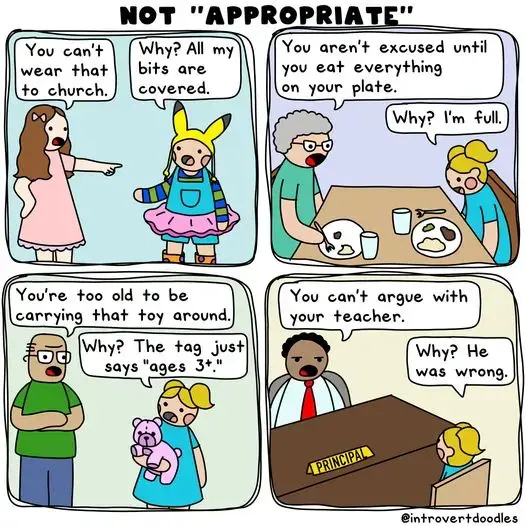Neurodivergence
3249 readers
1 users here now
All things neurodivergent and relating to the broader neurodivergent community (and communities).
See also this community's sister subs Feminism, LGBTQ+, Disability, and POC
This community's icon was made by Aaron Schneider, under the CC-BY-NC-SA 4.0 license.
founded 1 year ago
MODERATORS
1
3
5
6
7
8
10
11
12
13
14
15
16
17
18
19
20
21
22
58
The lost girls: ‘Chaotic and curious, women with ADHD all have missed red flags that haunt us’
(www.theguardian.com)
23
24
25
view more: next ›
